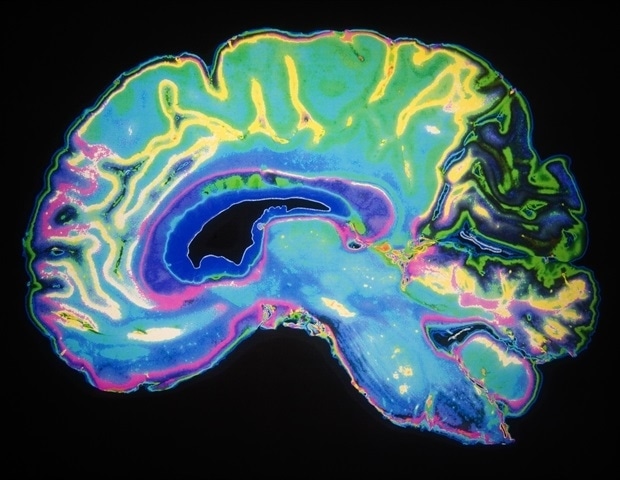In an article recently published in the leading journal “The Lancet Digital Health”A scientific team led by Stanisa Raspopovic from Meduni Vienna examines progress and challenges in the research and development of brain implants. New achievements in the field of this technology are considered a source of hope for many patients suffering from neurological disorders and have made headlines recently. Since neural implants have an effect not only on a physical level but also on a psychological level, researchers call for special ethical and scientific care when carrying out clinical trials.
The research and development of neuroprostheses has entered a phase in which experiments on animal models are followed by tests on humans. Only recently have reports of a paraplegic patient in the United States who was implanted with a brain chip as part of a clinical trial caused a stir. With the help of the implant, the man can control his wheelchair, operate the keyboard on his computer and use the cursor in such a way that he can even play chess. About a month after implantation, however, the patient noticed that the precision of cursor control was decreasing and the time between his thoughts and computer actions was delayed.
“The problem could be partially, but not completely solved – and illustrates just one of the potential challenges of researching this technology,” says study author Stanisa Raspopovic from the Menuni Center for Medical Physics and Biomedical Engineering. Vienna, which published the article with the document with the document with the document with the document with the document with the document with the document with the document with the document with the document with the document with the document with the document with the document with the document with the document with the document with the document with the document with the document with the document with the document with the document with the document with the document with the document with the document with the document with the document with the document with the document with the article with Marcello Ienca (Technical University of Munich) and Giacomo Valle ( ETH Zurich). “The questions of who will take care of technical maintenance after the end of the study and whether the device will still be available to the patient after the study is canceled or ended are among the many aspects to be clarified in Avance in neuroprosthesis research and development, which is primarily driven by industry.”
Protection of highly sensitive data
Neuroprostheses establish a direct link between the nervous system and external devices and are considered a promising approach in the treatment of neurological disorders such as paraplegia, chronic painParkinson’s disease and epilepsy. Implants can restore mobility, relieve pain, or improve sensory functions. However, as they form an interface with the human nervous system, they also have an effect on a psychological level: “They can influence consciousness, cognition and affective states and even free will. This means that conventional approaches to security and efficiency Assessment, such as those used in clinical drug trials, is not suitable for researching these complex systems. New models are needed to comprehensively evaluate the subjective experience of patients and protect the psychological privacy of test subjects,” emphasizes Raspopovic.
The special technological features of neuroimplants, particularly the ability to collect and process neuronal data, pose further challenges for clinical validation and ethical oversight. Neural data is considered particularly sensitive and requires an even higher level of protection than other health information. Unsecured data transmission, inadequate data protection guidelines and the risk of hacker attacks are just some of the potential vulnerabilities that require special precautions in this context.
The use of neural implants cannot be reduced to medical risks. We are only in the initial phase of clinical studies on these technological innovations. But questions of ethical and scientific diligence in handling this highly sensitive topic need to be clarified now and not just after problems arise in test subjects or patients. “
Stanisa Raspopovic from the Center for Medical Physics and Biomedical Engineering at Meduni Vienna
Source:
Journal reference:
Ienca, M., et al. (2025). Clinical trials for implantable neural prostheses: understanding the ethical and technical requirements. Lancet digital health. doi.org/10.1016/S2589-7500(24)00222-X.


